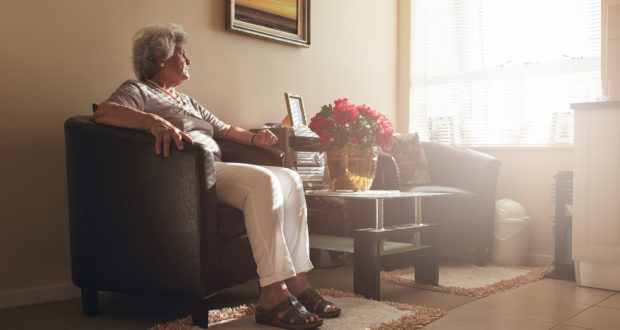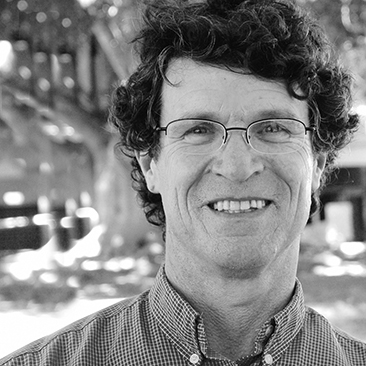Social isolation and physical distancing have never looked as good as they have over the past year-and-a-half, proving to be essential tools in limiting the impact of the COVID-19 virus.
More recently, much of NSW, Victoria and even occasionally south-east Queensland, South Australia and Western Australia have once again been returned to lockdown conditions. Perhaps that’s not so surprising given the disappointments and limitations of the vaccination program in Australia to date.
We’re not the ‘envy of the world’ anymore. Neither are we unique. Similar responses have once again been reintroduced in many other countries, as the limits of even the best run and resourced vaccination policies to date have become increasingly evident through a significant increase in active COVID cases.
Despite its benevolent use as a life saving measure in the pandemic, the idea of social isolation still holds significant fears for most people. For those older people who need care, the situation should be seen as even more alarming. We now have strong evidence that prolonged isolation for such people is nothing less than life threatening.
Isolation clearly remains a major social problem and threat to mental health for all age groups. Medical research has now also shown it to be one of the leading causes of illness, morbidity and dependency among older people. It is also a leading cause of admissions to aged care services, including residential care.
As we emerge from the pandemic, however slowly and uncertainly, it is time, once again, to pay attention to the problems of social isolation and loneliness amongst older people. We must rethink our understanding of the causes and impacts of isolation and loneliness, and work to improve our responses to best counter its ill effects.
An important new report, released by the WHO in May, documents how social isolation and loneliness among older people are growing public health and policy concerns internationally.
According to research cited by the WHO report, increasing numbers of older people live alone or in isolation, while as many as 20 to 34 per cent of older people in China, Europe, Latin America, and the US report that they are lonely. According to a study cited by the AIHW, in Australia in 2018 approximately 8 per cent of those aged 75 and above are socially isolated, and almost 20 per cent experience loneliness. These figures are probably higher today.
Loneliness and social isolation are not the same and should not be confused. Loneliness is an unpleasant subjective emotional response to lack of good companionship. Social isolation, in contrast, is an objective state, an observable absence of regular contact with people who know and care about you. It may be caused by poverty, social exclusion or housing problems, or come about as a result of bereavement, physical or mental health problems. Both women and men are commonly affected. In the worst cases, it results in a lonely death, a product of a life lived in isolation for years.
The WHO report and a significant body of medical research also shows how both social isolation and loneliness are harmful. In addition to reducing quality of life, they can shorten older people’s lives as well as damage their mental and physical health.
There is no vaccine available to treat the underlying conditions. It is, however, clear that social isolation is a social condition that requires social responses. That’s where aged care comes in.
Left alone when in need of care, what emerges is a form of neglect for which the only readily available response is expensive forms of aged care. But we can do so much better.
Rather than promoting social contact, Australian aged care services in recent years, especially those delivered to people at home, have increasingly been reshaped to focus on the complex needs of individuals. Those who are isolated and who don’t seek out help or social connections often miss out. Day care and social activity programs, long associated with the community sector, often struggle for funding. In the Home Care Packages, access to social activity programs is often accorded low priority and is in danger of becoming increasingly rare.
In the wake of both the Royal Commission and the COVID-19 pandemic, social isolation c
eases to be a solution. It becomes an endemic and increasing problem, a challenge that needs to be faced as Australia reforms its aged care system for the future.
Michael Fine is honorary professor in the School of Social Sciences at Macquarie University
Do you have an idea for a story?Email [email protected]
 Aged Care Insite Australia's number one aged care news source
Aged Care Insite Australia's number one aged care news source


